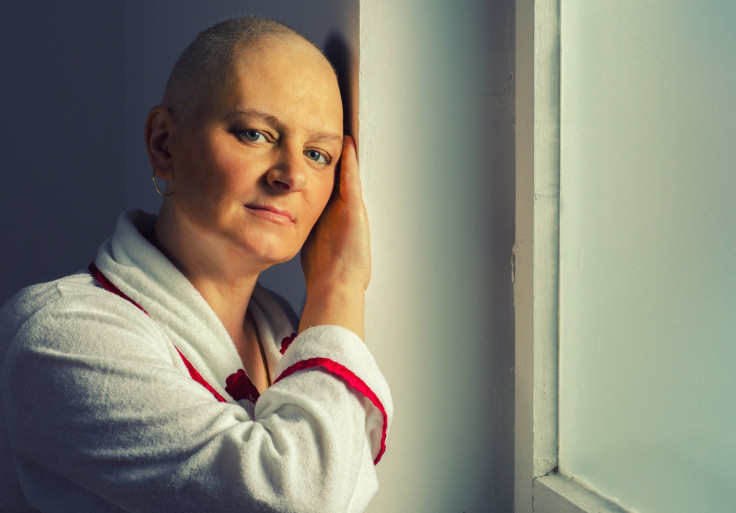New Stem Cell Test May Help Identify Breast Cancer And Treat It More Quickly

Scientists believe they may have found a potentially quicker route to identifying — and stopping — the spread of breast cancer, by identifying which cancer cells most closely resemble the vigorous regenerating and growing patterns of adult stem cells.
Breast cancer cells that have a similar pattern of gene activity to adult stem cells are more likely to spread to other parts of the body, the researchers, hailing from the Institute of Cancer Research and Cardiff University’s European Cancer Stem Cell Research Institute, explain. Pinpointing whether a woman’s breast cancer has such patterns in stem cell genes could help identify whether she’ll be at a higher risk of the cancer spreading or recurring.
“Cancer cells can behave very much like stem cells — but stem cells gone bad,” Professor Clare Isacke, Professor of Molecular Cell Biology at the Institute of Cancer Research and an author of the study, said in the press release. “They find a way to activate genes which are usually only turned up in normal stem cells, giving them characteristics — such as self-renewal and immortality — that make them more difficult to treat.” Previously, scientists had discovered that cancer cells and stem cells held very similar properties: such as the ability for unlimited proliferation.
Researchers pinpointed a set of 323 genes with heightened activity in normal breast stem cells in mice. Adult stem cells are unspecialized cells in the body that have the ability to divide and replace old, tired cells in various parts of the body; because they’re not a specific type of cell, they’re able to turn into anything.
The researchers then compared the normal stem cell genes against the genes of tumors from 579 women who had triple-negative breast cancer (a form of breast cancer that’s very difficult to treat). They divided the tumor samples into two groups, based on the tumors’ “score” for the activity of the stem cell genes. They found that tumors with the highest scores were more likely to spread and recur in women, compared to those with lower scores. In essence, women with higher scoring tumors had a 10 percent chance of avoiding a relapse after 10 years, and women with lower scoring ones had a 60 percent chance of avoiding relapse. This shows, the researchers argue, that the cells of the most aggressive breast cancer have the most stem-cell-like qualities — meaning they take on the properties of stem cells, such as self-renewal and persistent growth, to help them spread.
“Triple negative breast cancer accounts for around 15 percent of breast cancers, but is more difficult to treat than other cancer types as it is not suitable for treatments such as anti-hormonal therapy,” Dr. Matthew Smalley, the Deputy Director of the European Cancer Stem Cell Research Institute and an author of the study, said in the press release. “It’s particularly important to understand the genetic factors that help it to spread around the body — and we were excited to find that a key factor seems to be the degree to which gene activity resembles that of stem cells.”
These 323 genes could be taken to the next step, the authors say, and explored more to see if the “stem cell test” can be employed clinically. The researchers ultimately aim to assist in developing a new genetic test that could identify which women are at risk of recurring cancer — based on whether their cancer cells resemble stem cells.
“Picking out women with this type of aggressive disease could give us new ways of personalizing treatment,” Isacke said.



























